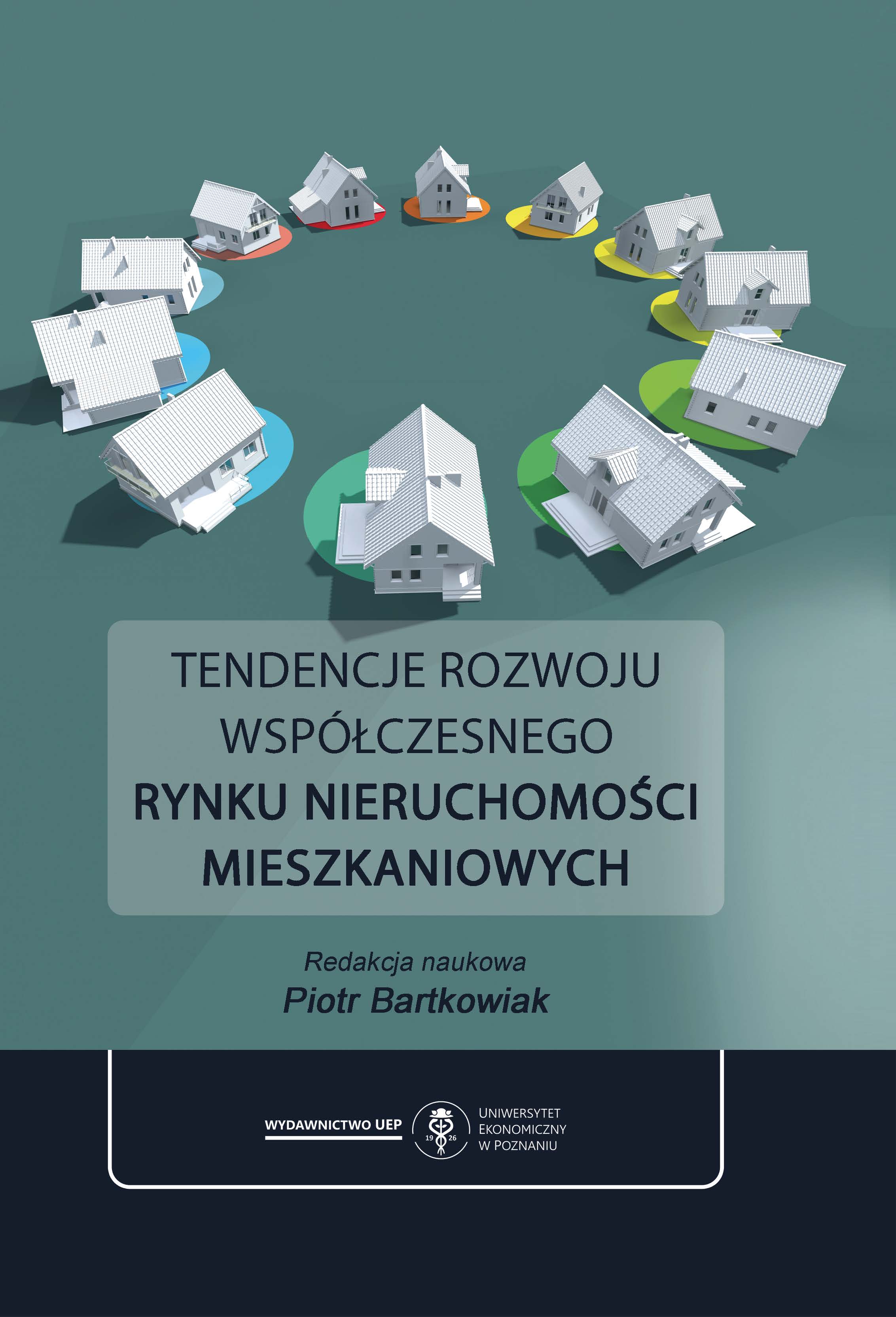Rynek mieszkaniowy w erze pandemii COVID-19. Studium porównawcze Poznania i Warny
The housing market in the era of COVID-19. A comparative study of Poznań and Varna
Author(s): Slawomir PALICKI, Ivo KOSTOV
Subject(s): Politics, Economy, Business Economy / Management, Micro-Economics, Economic policy, Social development, Economic development, Globalization
Published by: Wydawnictwo Uniwersytetu Ekonomicznego w Poznaniu
Keywords: rynek mieszkań;rynek nieruchomości;pandemia Covid-19;Poznań;Warna;
Summary/Abstract: Purpose: The aim of the study is to characterise and interpret the impact of the coronavirus pandemic (COVID-19) as an unexpected stimulus on the participants of the housing market. The research was designed not only to obtain knowledge about contemporary market trends (the cognitive aspect) but also to support market entities in shaping optimised investment and housing decisions (the practical aspect). Design/methodology/approach: The research is based on official statistical data describing transactions on the housing markets of two selected European countries and their cities – Poznań (Poland) and Varna (Bulgaria), in the period between 2018 and 2020. The methodology of comparative analysis has been applied to purpose fully selected case studies. Furthermore, the authors have drawn on the possibilities offered by the analysis of the activity and volatility of transaction prices on housing markets. Findings: The COVID-19 pandemic had a significant, yet short-term impact on the functioning of residential markets in Bulgaria and Poland in 2020 (based on Varna and Poznań). The dissemination of global information concerning the scale of the epidemic has most severely disrupted the activity on both the primary and secondary housing markets in Bulgaria. The secondary housing market in Poland reacted in a similar way, which resulted in a significant instability of the trend. The primary market in Poland turned out to be relatively most resistant to the stimuli related to the pandemic situation. What is common for both analysed countries and cities is a change in the shape of house price indexes in 2020 compared to 2018–2019. Originality and value: The research is a part of the contemporary trend of assessing the impact of atypical factors disrupting market trends. The COVID-19 pandemic disrupted the functioning of housing markets, forcing unprecedented global responses. The example ofthe comparative analysis of the two European countries presented in the article allows for indicating the directions and scale of rapid changes which reflect the process of sudden adaptation of societies to previously unknown conditions. Such analyses, which serve asex-post evaluation to some extent, allow for better preparation of specialists in the field of housing market activities to meet the needs created by unusual stimuli. They also allow for more effective planning of measures to mitigate the effects of market shocks in the sphere of housing.
Book: Tendencje rozwoju współczesnego rynku nieruchomości mieszkaniowych
- Page Range: 147-161
- Page Count: 15
- Publication Year: 2022
- Language: Polish
- Content File-PDF

